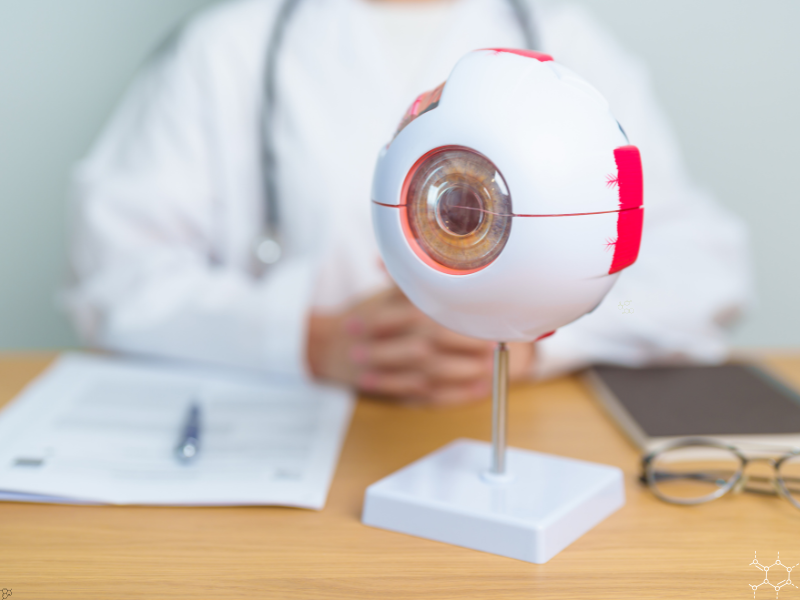Key Takeaways:
- Vision Restored: A new retinal implant has enabled blind patients to read again.
- Promising Results: 27 of 32 patients regained significant central vision improvement.
- Hope for the Future: The Prima implant could soon become available on the NHS.
A group of blind patients can read after being fitted with a life-changing implant at the back of the eye.
The Procedure at Moorfields Eye Hospital
At Moorfields Eye Hospital in London, a surgeon fitted five patients with microchips. Despite the small sample size, the results were astounding. This offers hope to those with an advanced form of dry age-related macular degeneration (AMD) called geographic atrophy (GA), which impacts five million people worldwide.
Understanding Geographic Atrophy
GA is characterised by cells in a small area of the retina at the back of the eye gradually becoming damaged and eventually dying, leading to blurred or distorted central vision. The condition tends to be more common in people over the age of 50.
How the Implant Works
The procedure requires a small 2mm-square photovoltaic microchip, with the thickness of a human hair, under the retina. Next, patients put on glasses with a built-in video camera.
The camera sends an infrared beam of video images to the implant at the back of the eye, which sends them on to a small pocket processor to be enhanced and made clearer. The images are sent back to the patient’s brain via the implant and optic nerve which provides them with vision once again.
Promising Clinical Results
According to the results published in the New England Journal of Medicine, 38 patients with geographic atrophy participated in the trial of the Prima implant, which is made by California biotech Science Corporation. Of 32 patients given the implant, 27 were able to read again using their central vision. After a year, this equated to an improvement of 25 letters, or five lines, on an eye chart.
Expert Reactions and Future Prospects
Dr Peter Bloomfield, Director of Research at the Macular Society, commented: “Artificial vision may offer a lot of hope to many, particularly after previous disappointments in the world of dry AMD treatment.”
He continued, “We are now watching closely to see if the Prima implant will be approved for use here in the UK, and crucially, whether it could be made available on the NHS.”






